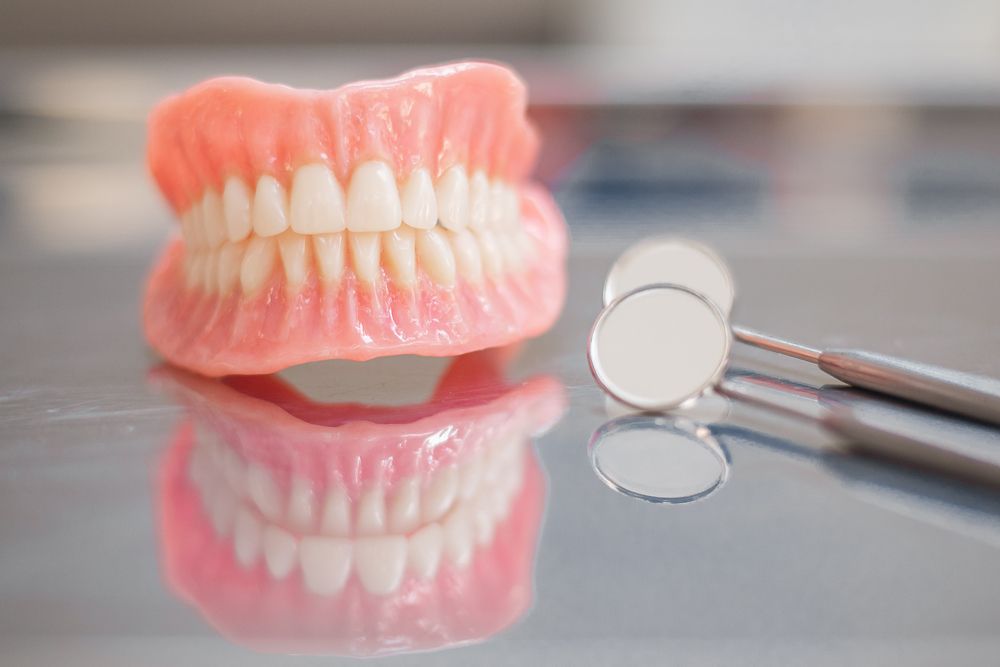- About Us
- Advertise
- Editorial
- Contact Us
- Terms and Conditions
- Privacy Policy
- Do Not Sell My Personal Information
© 2025 MJH Life Sciences™ and Dental Products Report. All rights reserved.
5 Causes of Bad Breath and How to Freshen Up
The fight against bad breath is a daily battle, and how you enter into that battle makes a difference to your overall oral health. Here, we take a look at the underlying causes of bad breath and what you can do to prevent it.
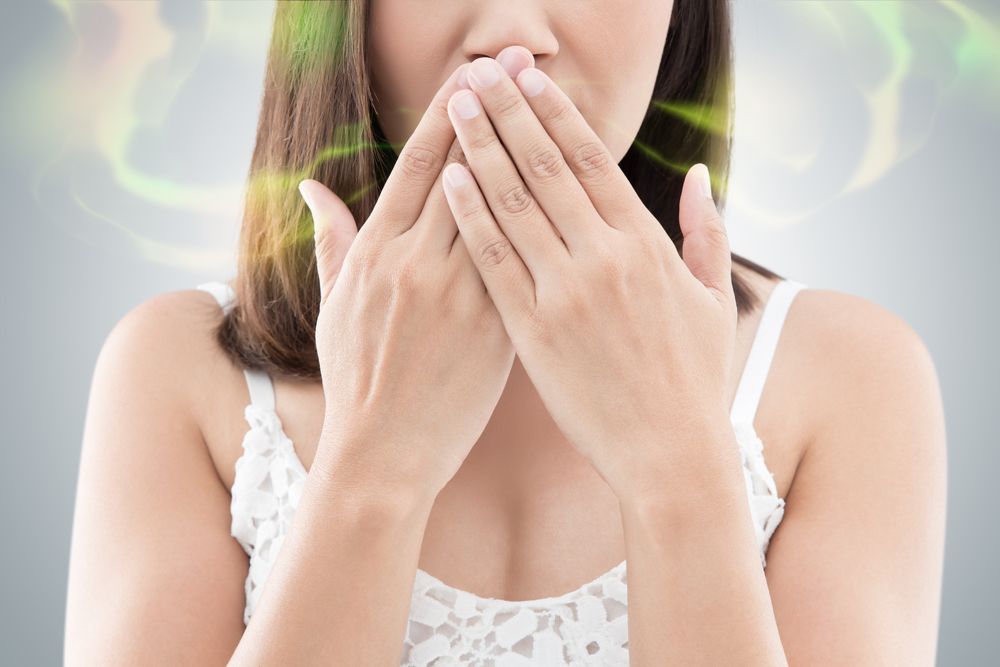
August 6 is National Fresh Breath Day, which highlights the importance of fresh breath but also of maintaining proper oral hygiene more broadly.
If you’ve ever felt that not-so-fresh feeling, you’re certainly not alone. According to the American Dental Association (ADA), roughly 50% of adults have halitosis at some point during their lifetime. While many causes of bad breath are harmless, it can sometimes be an indicator of a more serious issue.
The fight against bad breath is a daily battle, and how you enter into that battle makes a difference to your overall oral health. Here, we take a look at the underlying causes of bad breath and what steps can be taken to freshen up.
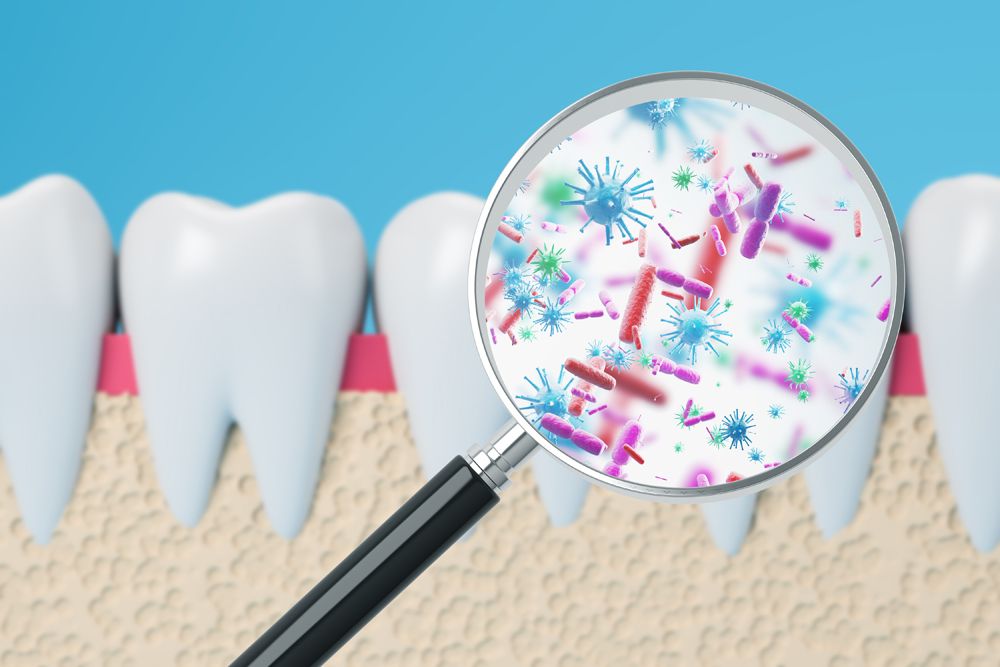
1. Bacteria
The mouth is home to hundreds of species of naturally occurring bacteria, and it’s thanks to their work that we can experience bad breath at any time. When you eat, bacteria feed on the food left in your mouth and leaves a foul-smelling waste product behind. Brushing and flossing twice a day is crucial in removing bacteria that is causing bad breath. Over-the-counter mouthwash can also neutralize bacteria, but only temporarily.
©denisismagilov / stock.adobe.com
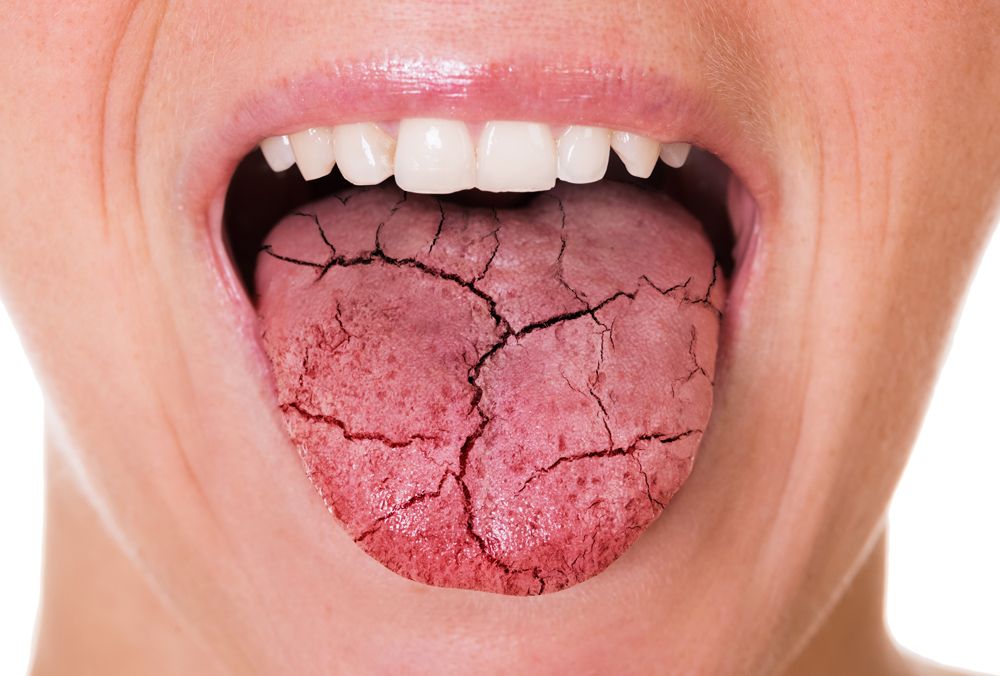
2. Dry Mouth
Dry mouth, or xerostomia, can be caused by a number of things, including medications, salivary gland problems, autoimmune disease, and more. A dry mouth can also be a sign of a decreased saliva flow or that you’re simply not drinking enough water. Saliva performs an important function by flushing out bacteria and food from all the nooks and crannies in our mouths. To combat dry mouth, try drinking more water throughout the day, and be sure to eat plenty of healthy foods that require a lot of chewing—such as apples or carrots, which promote saliva flow.
©Andrey Popov / stock.adobe.com
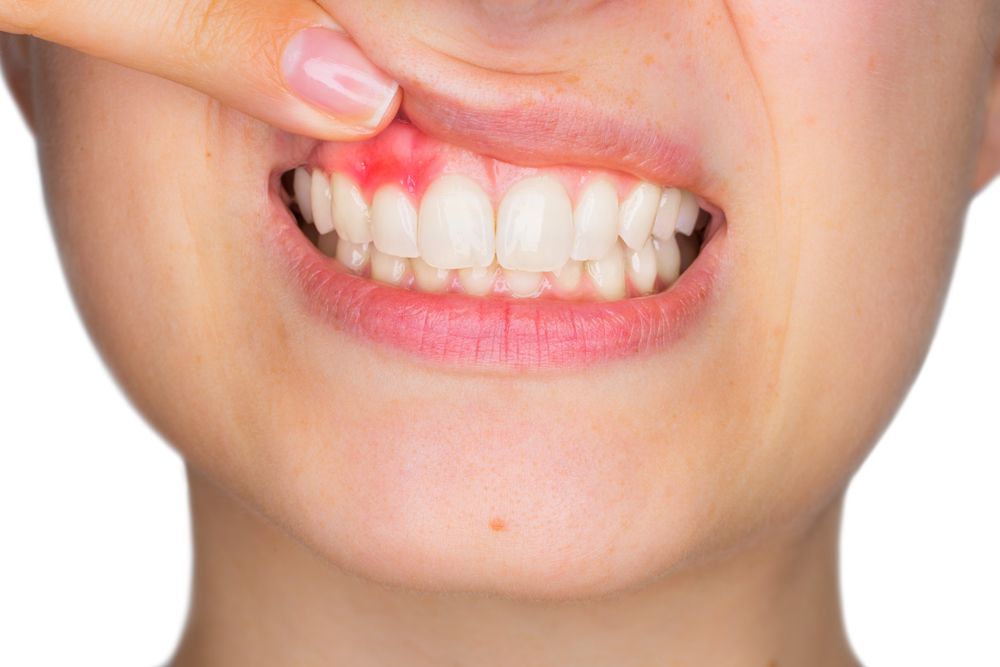
3. Gum Disease
Persistent bad breath could be a sign of gum disease—periodontitis—which is caused by a buildup of plaque on the teeth. As bacteria form, they release a toxin, which irritates the gums and leave behind a bad smell. Regular dental exams and proper home care can help prevent periodontitis.
©Stefano Garau / stock.adobe.com

4. Tobacco Products
Tobacco products irritate the gums and reduce your ability to taste. Plus, tobacco users are more likely to suffer from gum disease and a host of other health issues. Quitting the use of tobacco-based products can help keep your breath fresh and your dentist may be able to help you kick the habit.
©mitarart / stock.adobe.com
Related Content:

